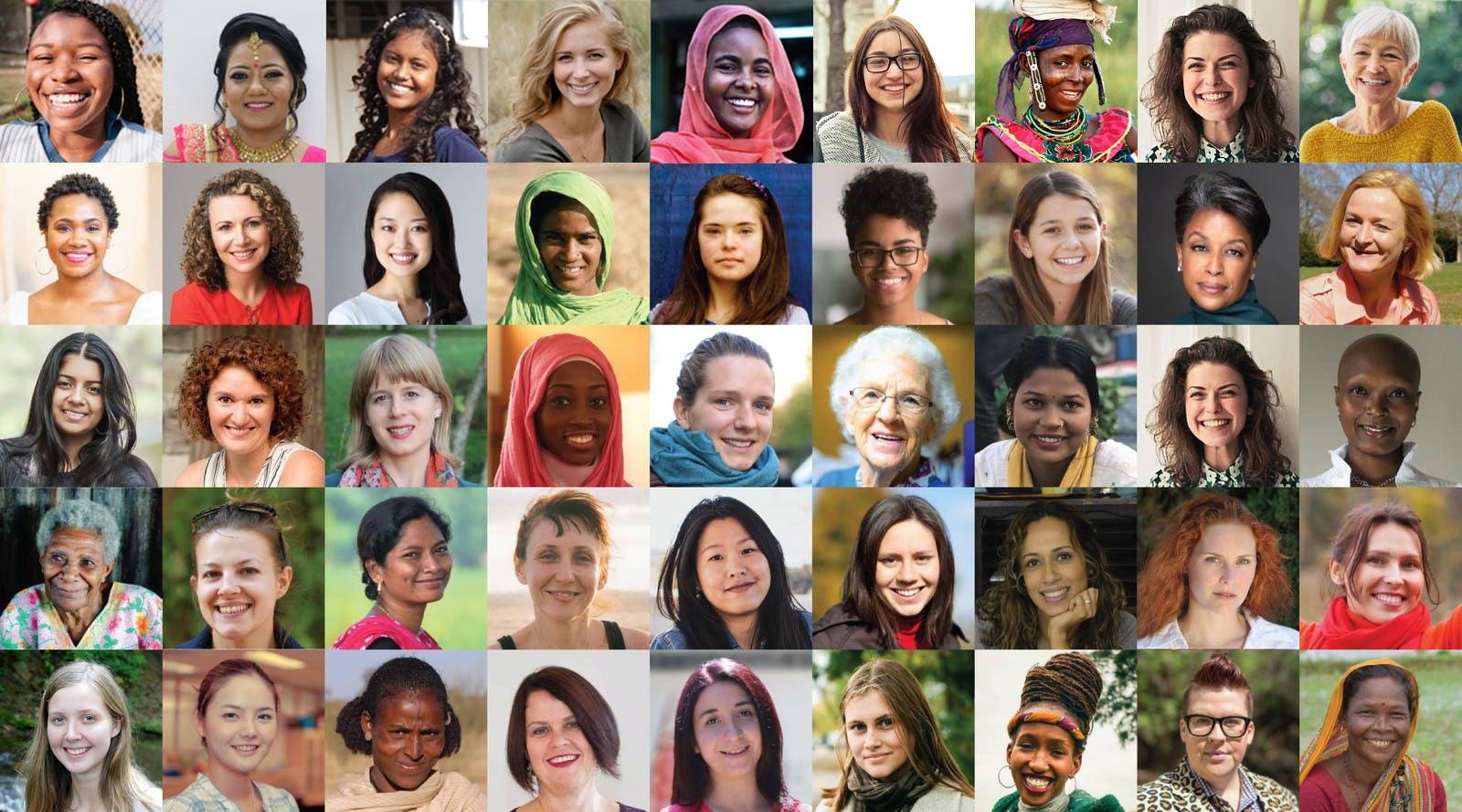Protecting Belize's Biodiversity through Women-Led Conservation
Established in 1985 to protect the habitat of black howler monkeys (Alouatta pigra) – locally called baboons – the Community Baboon Sanctuary (CBS) is a voluntary, grassroots, private protected area covering 5,179 hectares in Belize. The Community Baboon Sanctuary is a Community Conserved Area that forms an important corridor connecting critical regions in the Maya Forest Corridor and the Northern Belize Biological Corridor. It is listed under Category IV of the IUCN protected area categories to preserve species or habitats.
The Community Baboon Sanctuary was initially managed by the Belize Audubon Society (BAS) until 1996. Following the Society’s closure, community members composed mainly of women leaders created the Community Baboon Sanctuary Women’s Conservation Group (CBSWCG).
Today, the CBSWCG is seeking support to protect the 20 square miles of the Community Baboon Sanctuary lands and maintain a viable population of over 6,000 black howler monkeys. The organization’s work program focuses on restoring and strengthening human resources to achieve this conservation goal, community livelihood ventures, and engaging youths and children in environmental awareness and protection.
At the start of the COVID-19 pandemic, visitation to the CBS came to a complete halt, resulting in serious financial challenges. Funding will provide salaries for a project manager/ field officer and office manager to strengthen the human resource capacity of the CBS and CBSWCG to achieve the goals and objectives of the project effectively.
It will also implement climate-resilient practices among 300 farmers to decrease deforestation of the riverine forest that is the prime habitat for the black howler monkeys. Maya nuts and Madre de cacao seeds will be purchased and distributed to local growers. These crops are resistant to droughts and floods.
Furthermore, the project will engage seven communities in conserving the CBS natural resources. A research and monitoring program will be established to train and equip community rangers, students, and youth groups on data collection methods for the black howler monkey population, river species, water quality monitoring, and wildlife monitoring.
An elected seven-member board of directors runs CBSWCG with a president, one women representative from each of the seven villages, and a three-member advisory committee. One feature of CBSWCG is that the organization brings together women from all walks of life, including homemakers and women with different religions, cultures, and educational qualifications. These women work well together to promote peace, stability, health, women’s empowerment, and conservation ethics as part of their daily lives while engaging in sustainable livelihoods within their families and communities.
Support women-led projects protecting the Earth

.jpg?auto=compress%2Cformat)

